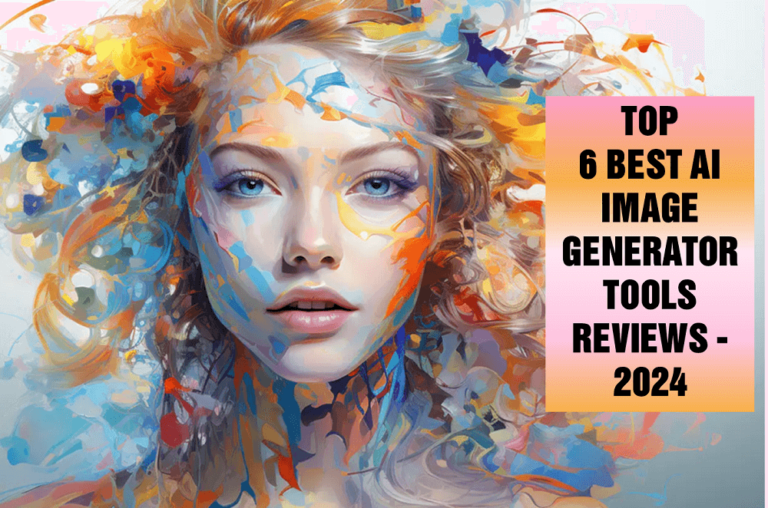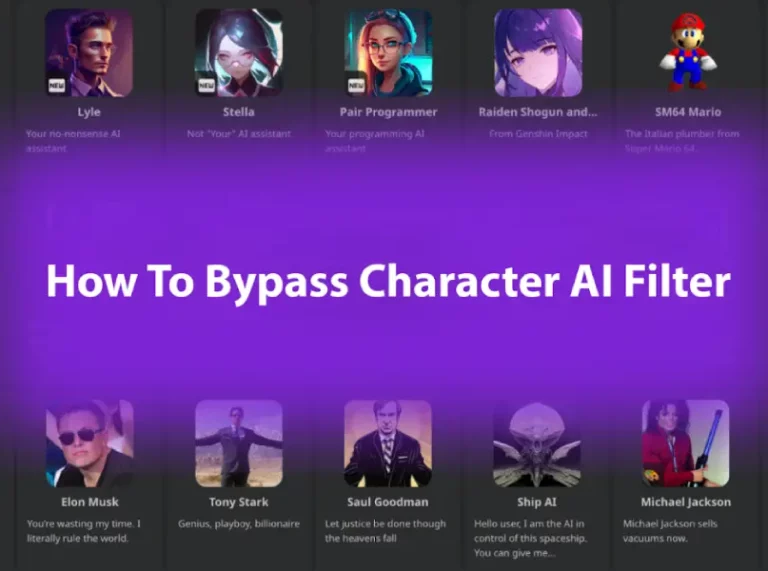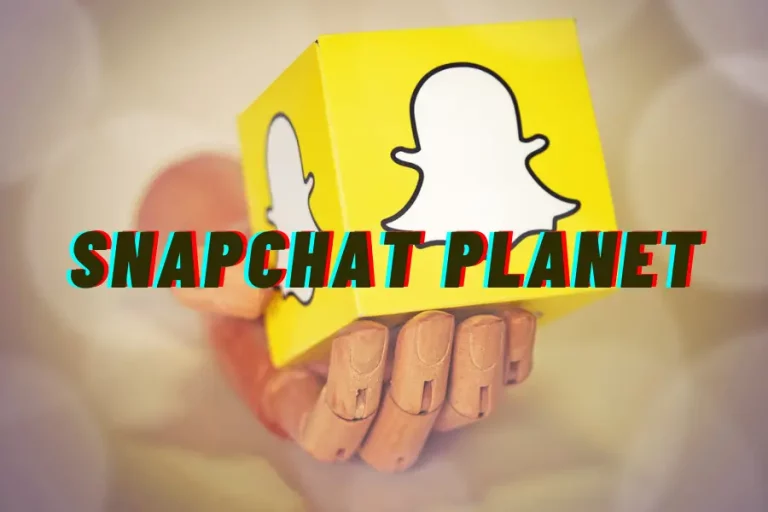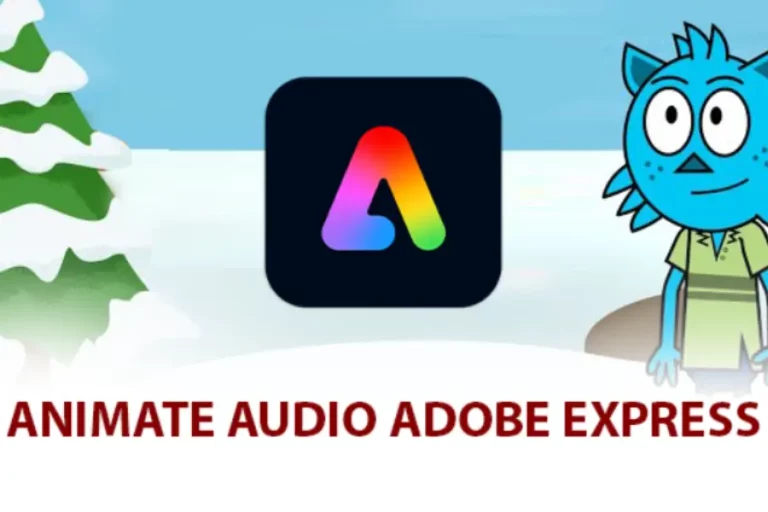Is It Legal To Use AI Video? Complete Answer
In recent years, there has been a surge in AI models that generate music, code, and art by learning from the work of others. However, as these apps become more prevalent, unresolved legal questions may shape the industry’s future.
Who will own the copyright for the fabulous artworks generated by systems like Stability.ai or OpenAI AI-powered applications? and Is it legal to use AI video? Let’s find the answer in the article below.
Is It Legal To Use AI Video?
Yes, it is legal. Because the law has yet caught up with the technology, there is no clear answer to defending AI-generated content. Yet, one possible way to safeguard content produced by AI is by labeling it as a modified version of something copyrighted.
Another alternative is to use a watermark to shield the information as a trademark. Companies that publicly acknowledge that they employ AI in content development face little legal risk.
However, our company or enterprise could be challenged, and someone could claim the content is in the public domain. We have to be ready to protect our position.
It’d better record our content development process. It will help avoid accusations that AI developed all of the video, text, or image content.
Besides, we can include our original thoughts and original authorship work; then, it would be protected by copyright. Otherwise, we are unlikely to gain protection under copyright for anything AI generates.
For example, when composing a blog post following an outline, we’ll certainly hold copyright in the finished product. It is because we add our thoughts to it.
What Is The Controversial Issue In Using AI Video Generators?
Consider the example of Hollie Mengert, who is an illustrator. She discovered that a Canadian engineering undergraduate extracted her creative style as part of an AI project.
The student acquired 32 pieces of Mengert’s art styles and spent many hours training a machine-learning AI system to replicate her artwork. Some people were confident that such systems could infringe on copyright. The student would face serious legal difficulties.
On the other hand, others stated the exact opposite. They think everything presently occurring in the generative AI industry is legal.
Both sides feel incredibly confident in their sides. However, the truth is no one understands, Baio, an AI sector observer, explained.
Read more: AI Video Vs Traditional Video
Can You Copyright What An AI Model Creates?
Certainly, for the first question, the solution is not too tough. In the United States, no copyright defense exists for works created entirely by a machine. Nevertheless, copyright could be feasible in situations where the creator can demonstrate significant human involvement.
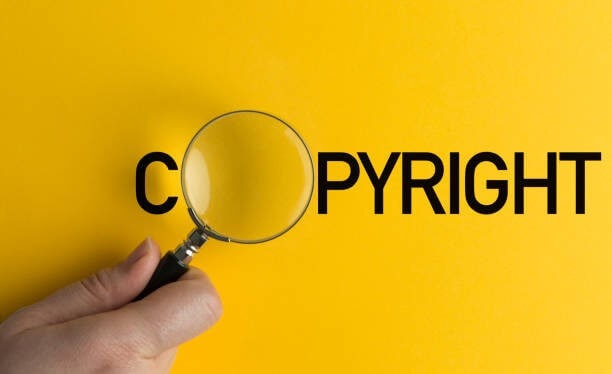
The Copyright Office of the United States gave unprecedented copyright for a comic book. It was created with the aid of AI-powered text-to-image Midjourney in September.
The finished book contains an 18-page story with dialogue, characters, and a standard comic book style. Although the USCO has stated that it will reconsider its decision, the comic’s registered copyright has not yet been withdrawn.
The amount of human participants involved in creating the comic is one consideration in the evaluation. Kristina Kashtanova, the creator who produced the work, was asked by the USCO to submit specifics about her approach.
It helped her demonstrate that there was significant human participation.
Can You Use Copyright-Protected Data To Train AI Models?
Yes, but to a certain extent. For most professionals, the most pressing concerns about copyright and AI involve the data utilized in training these algorithms. Many systems are taught on massive volumes of online information, whether text, graphics, or code.
According to Daniel Gervais, a law professor at Vanderbilt School, there are several factors to examine when determining whether something is legitimately used. We need to consider these questions first before training an AI system. What is the reason or nature of the usage, and what is the market influence?
In simple terms, we need to answer the questions: does the used case modify the nature of the content in some manner? Does it affect the initial creator’s livelihood by rivaling their works?
Read more: How To Make AI Video
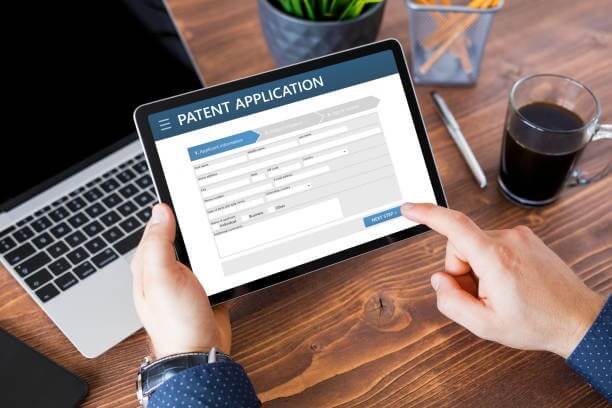
How To Address This Ambiguity?
The rising issue is who the law considers to be the one setting arrangements for the artwork to be created. Must the law acknowledge the role of the programmer, the original creator, or the software user?
It is analogous to arguing whether a pen’s writer or producer deserves to be granted a copyright. Consider Microsoft, which created the Word software program but certainly does not own the content created with that program.
The person who used the application to generate his or her work retains the copyright. However, some AI users simply press the button to get things done. It seems to be unfair.
According to Mark Lemley and Bryan Casey, authors of “Fair Learning,” the most apparent idea is to license the content and pay its producers.
Since regulations have not been clearly enacted, the usage of AI video generators is still legal. The dispute settlement will depend on different cases. However, we must prepare evidence to prove we have been involved in the work.
Conclusion
Is it legal to use AI video? It is legal now, but laws may be enacted soon to secure the author’s work fairly. We need to ensure that the artwork we create has significant human participation.
FAQ
- How much does Alaya AI cost?
As of April 2024, the pricing details for Alaya AI are not publicly available on their website. Interested businesses and individuals may need to contact Alaya AI directly for pricing information based on their specific requirements.
- What kind of information does Alaya AI provide?
Alaya AI provides a wide range of information, including: images, voice, text, video, etc.
- How does Alaya AI ensure privacy and security?
Alaya AI ensures privacy and security by using zero-knowledge encryption to protect user data and recording all interactions on a blockchain, aligning with strict privacy standards like GDPR.



